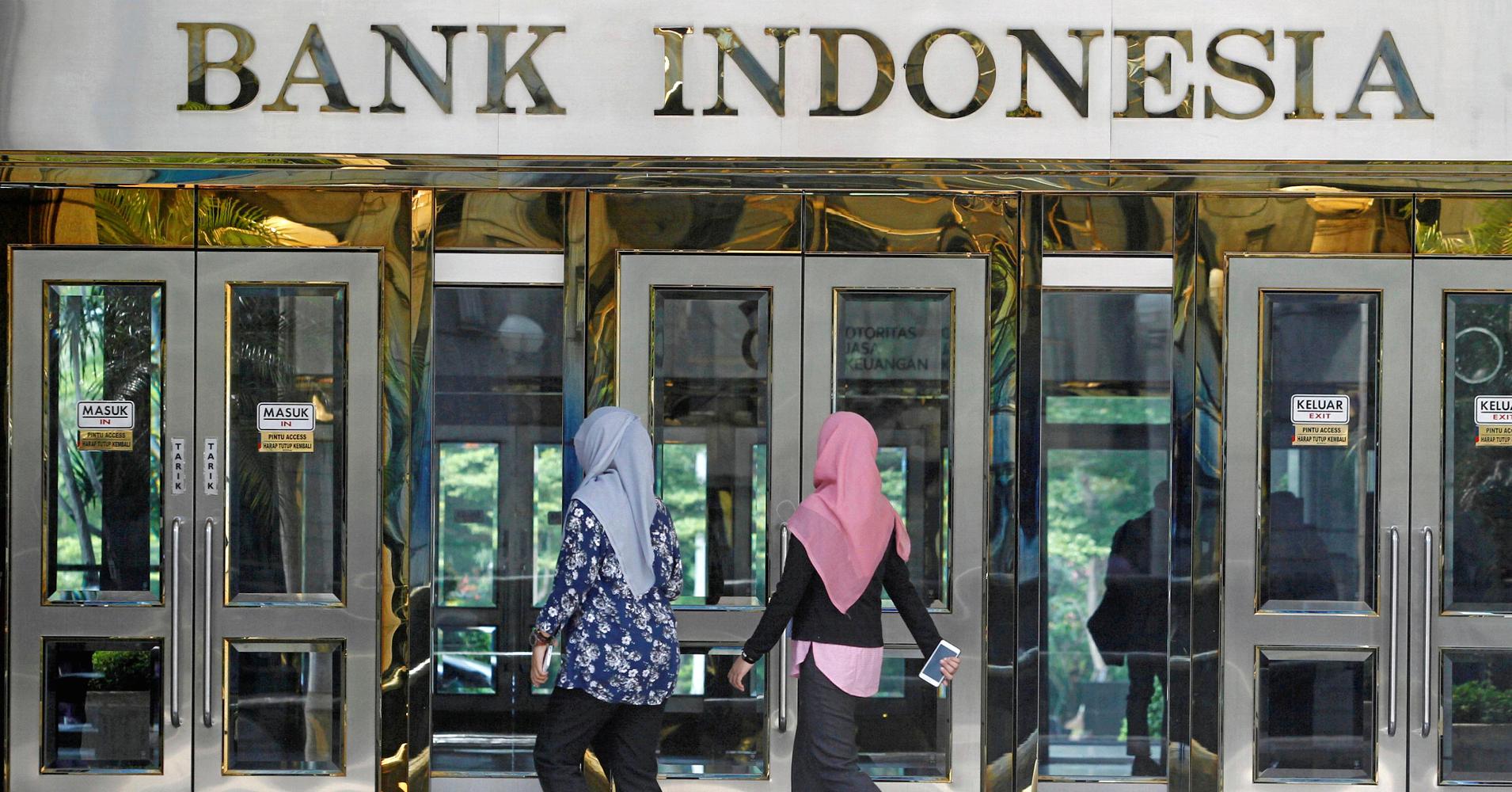
The Indonesian rupiah was at its strongest in four weeks after the country’s central bank raised interest rates again on Wednesday — barely two weeks after another such hike.
Bank Indonesia, in a widely expected move, increased interest rates by 25 basis points in another attempt to curb the weakness in the rupiah. That followed an increase of the same magnitude on May 17, which did little to stop the currency from depreciating.
The rupiah has been one of the worst-hit Asian currencies this year as investors pulled out of the Indonesian stock and bond markets amid rising U.S. Treasury yields and strengthening in the greenback.
But Thursday morning saw the rupiah appreciate to 13,940 per U.S. dollar — its strongest since May 4. That was due to Bank Indonesia taking “a very decisive action,” said Trinh Nguyen, senior economist for emerging Asia at Natixis.
“The new governor started out with a big bang: He had an unscheduled meeting and he’s coming out saying, ‘Listen, the stability of the rupiah is important to me, I’m willing to hike rates again.’ It’s the most aggressive central bank in Asia in following the Fed,” Nguyen told CNBC’s “Squawk Box” on Thursday.
Perry Warjiyo, the newly minted central bank governor, reiterated on Wednesday that he’s prepared to move again to ensure stability in the rupiah.
Several analysts had previously warned that an increase in interest rates over a short span of time would likely hurt the country’s growth, which already missed expectations in the first quarter this year. But Warjiyo said a weaker currency would cause more harm to the economy.
“For Indonesia, we have to compare the impact of raising interest rate and the impact of exchange rate depreciation. Our conclusion is that exchange rate depreciation has more immediate and negative impact to growth and of course, to future inflation,” he told CNBC’s Martin Soong on Wednesday after the rate hike announcement.
Indonesia, Southeast Asia’s largest economy, has one of the highest levels of foreign currency borrowing in the region at roughly 30 percent of its gross domestic product. A weaker rupiah makes servicing that debt more expensive, which could dent the country’s economic prospects.
The central bank governor added that his priority now is to restore investors’ confidence in the country and attract investments to support the rupiah.
“What we try to convey to the market is: Look, we have a solid framework. We will continue to be consistent and preemptive and ahead of the curve in any future course of development,” he said.

